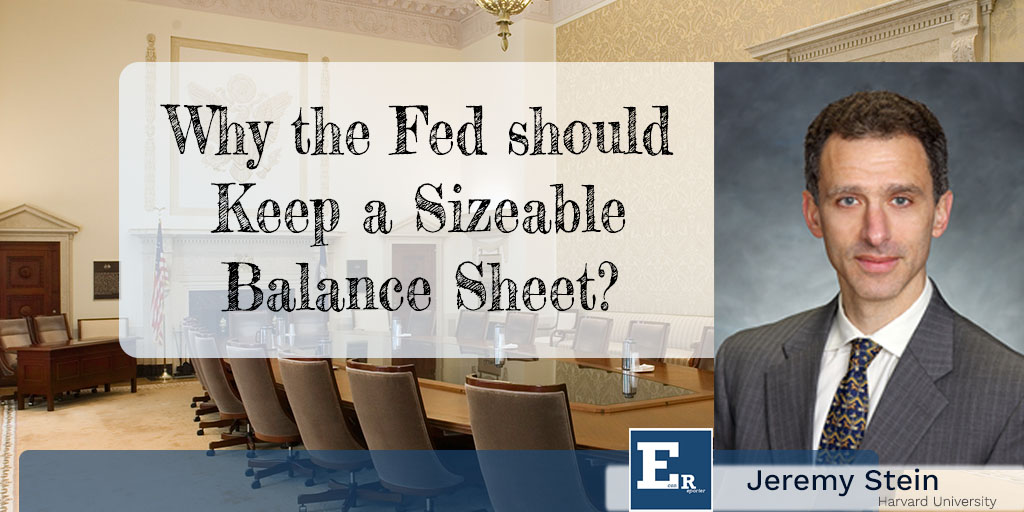Tag: Euro Crisis
The sovereign-bank “doom loop”
Since the Euro crisis, investors and policymakers are well aware of the so-called "doom loop" between the banking system and the sovereign. That is, a crisis originating in the banking system (sovereign) will weaken the sovereign (banking system), which in turn will worsen the banking (sovereign) crisis itself.
In a recent ECB discussion Paper "Managing the sovereign-bank nexus", the 7 economists - Giovanni Dell’Ariccia, Caio Ferreira, Nigel Jenkinson, Luc Laeven, Alberto Martin, Camelia Minoiu, and Alexander Popov - coauthored the paper suggested that the banks and sovereigns are linked by three interacting channels:



